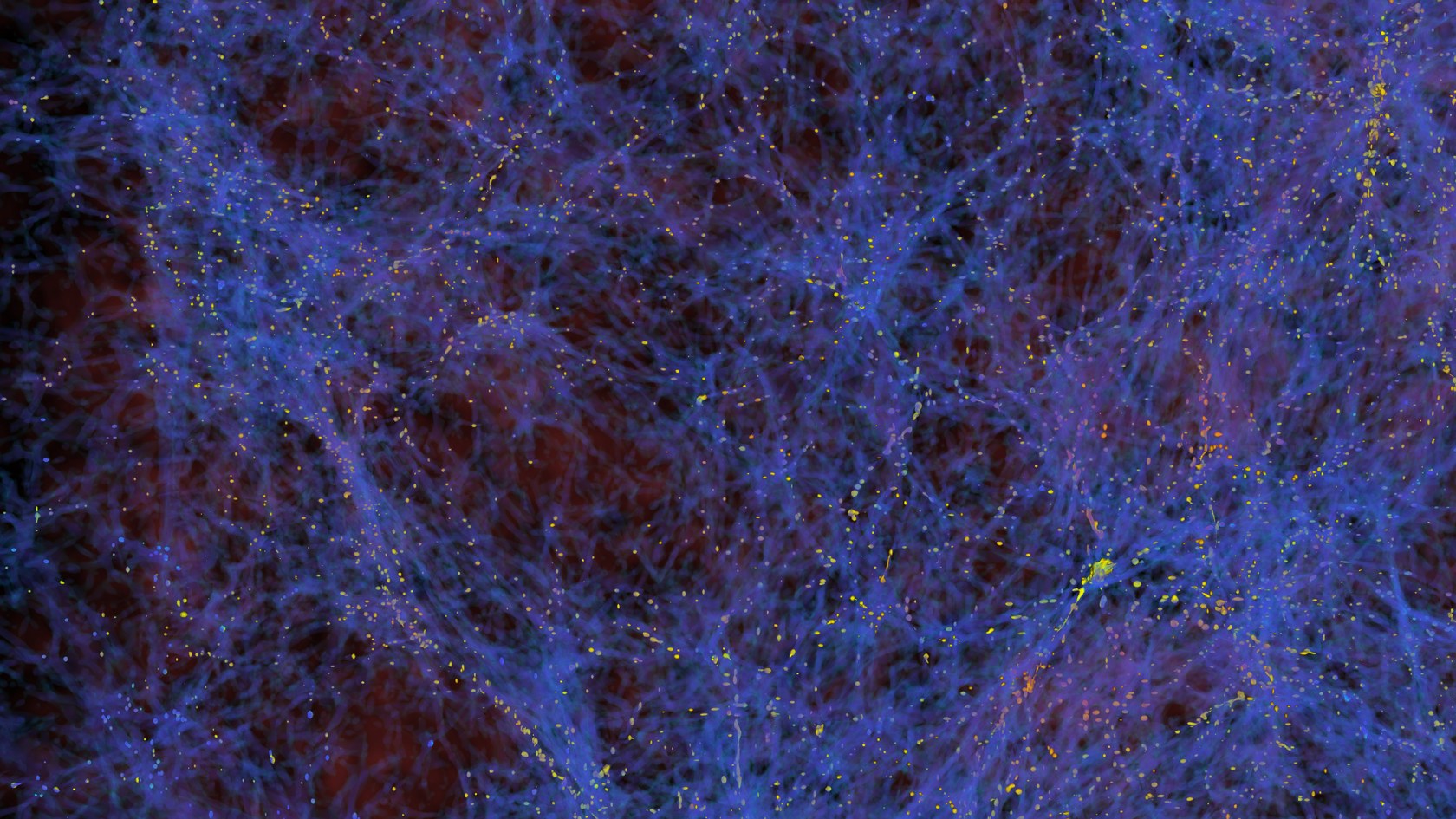
Dark matter is one of the most mysterious things in our universe -- though some of its effects are believed to be observable, it is incredibly difficult to detect, and we still don't even know what sort of particles it is composed of.
"We still don't know what dark matter is," said UC David professor of physics John Terning. "The primary candidate for a long time was the WIMP, but it looks like that's almost completely ruled out."
WIMP, for the unaware, stands for "Weakly Interacting Massive Particles," which is the substance that scientists have long assumed dark matter is made up of. As Terning points out, though, despite "years of effort," no experiment designed to detect the particle has proven successful; which seems to imply dark matter is composed of something else entirely.

So, Terning and his partner Christopher Verhaaren have essentially gone back to the drawing board and adopted a different tactic. As Phys.org writes, an "alternative model" to WIMP is "dark electromagnetism," which includes "dark photons" and various other particle types.
If dark matter is composed of these photons, they should theoretically interact with a "dark magnetic monopole." If so, Verhaaren and Terning believe they can detect these interactions by paying attention to any "[changes] of phase in [the monopole's] wave function." Apparently, the monopoles -- which are always passing through the universe and Earth itself -- could be examined when they reach our planet after being "excited" by the Sun.
The full explanation is obviously quite technical, but if you're feeling up to it, you can read Verhaaren and Terning's full paper on their new theories for detecting dark matter right here.
https://www.techspot.com/news/80490-scientists-have-come-up-new-potential-method-detecting.html